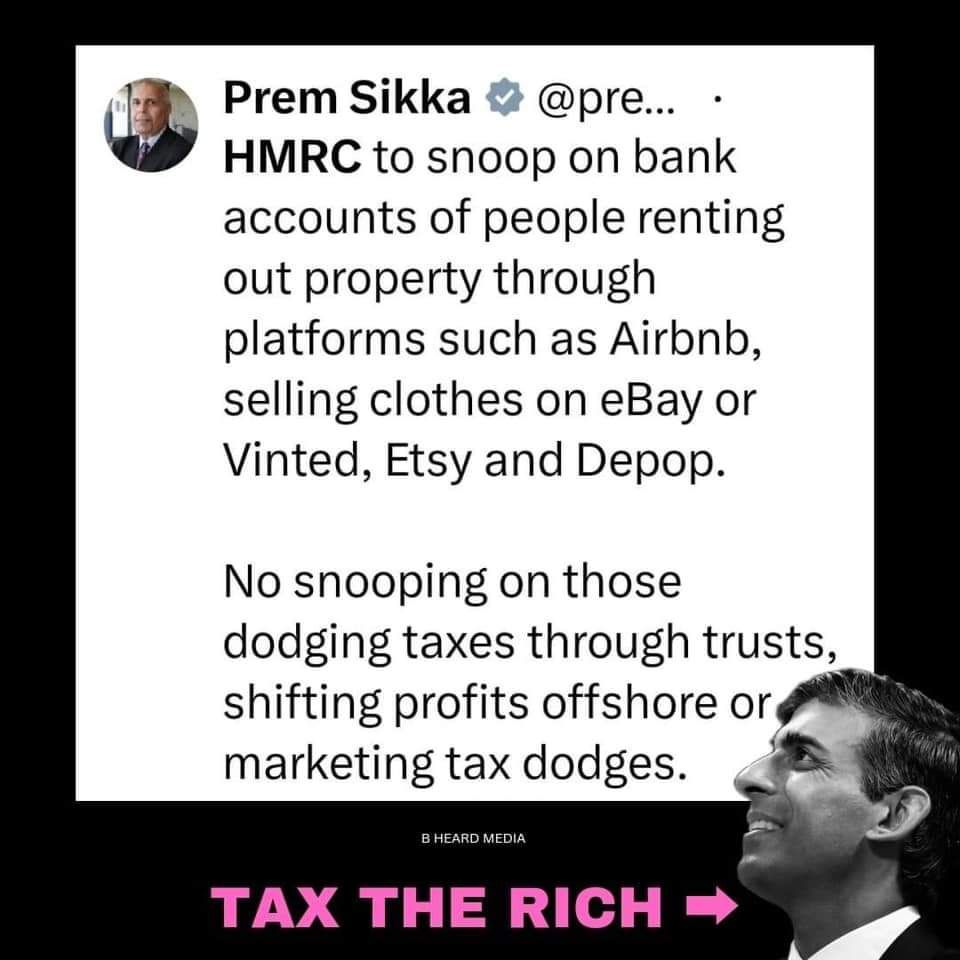According to new data from the Office for National Statistics (ONS) shoplifting offences in England and Wales in 2023 have risen to the highest level since records began in 2003.
According to the data there has been more than 430,000 recorded cases last year which had increased by 37% in the year ending 2023 when compared to 2022. This makes it the highest levels recorded since records started being kept in 2003.
James Cleverly responded by saying that although the police record it as a ‘sub threshold crime’ and it has a so called ‘corrosive effect’ on peoples confidence in the police. Its not surprising that he appeared to have zero sympathy for those effectively forced to shoplift due to various circumstances.
Julian Heyes, criminal defence lawyer and partner at Berris Law LLP went on to say ” The release of the recent shoplifting figures simply demonstrate that the years of austerity and cuts in policing have meant that the investigation of these so called minor offences have long since been neglected and ignored”
“The police cannot be blamed for this as they, much like the rest of the criminal justice system are on their knees. The cost to the high street is immeasurable and causing shops and businesses to close or restrict access to customers, not to mention the horrendous risks that members of staff have to take when challenging shoplifters”
The truth is that shop lifting is rising for various reasons including and not excluding others: The increasing cost of living, high energy bills, low wages, less than adequate social security payments, increases in mortgage repayments, social security payments being too low and badly paid employment.
Whilst many people with addictions shoplift to fund their habits there’s very little support given to them to conquer their addictions thus the circle of offending continues.
Let’s be clear, very few people actually want to shoplift its a situation they find themselves in through desperation and is usually the last option that they can take after exhausting other avenues, they’re desperate and see this as a last resort.
We all appreciate and acknowledge that there are foodbanks that help people but not everyone can access them or can wait until the next time they’re open. People are driven by hunger and distress and we live in desperate times which is entirely the governments creation.
The UK has a government hell bent on lining their own pockets and their business and personal friends with money that has been taken from the public purse. There’s been a sharp decline in the physical and mental wellbeing of the working class and mortality levels are rising. The constant stripping of funding to local councils has also paid a huge part in this and town centres aren’t being cared for like they should be because theres no longer the financial means to do so. This has a direct impact upon the high street.
The solution to this is quite simple and to be honest basic economics. For a society to succeed and thrive there has to be financial investment into the public, the more money they have to spend undoubtably benefits their general health it also helps to transform the areas that they live.
It’s easy to blame a shoplifter for shoplifting, and I don’t condone violence towards retail staff. The blame lies totally at the governments feet. Society as we knew it has been broken by the current government, the amount of desperate and hungry people are at their highest in modern times, desperate people are forced to take measures that they would previously have never dreamt of doing.
Hurl your anger at the government and not Joe Public.











